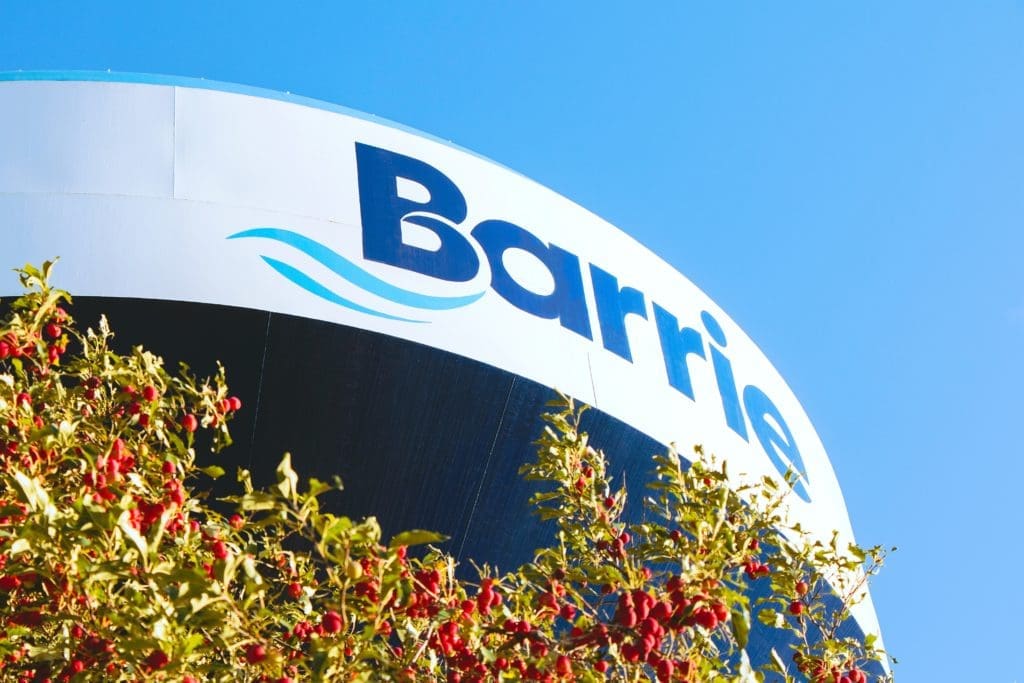When it comes to the rights and responsibilities of tenants and landlords, the commercial real estate world is a whole lot different than the residential industry. Even if you have a great relationship with your landlord, it’s a good idea to know your rights as the leaseholder.
Keep in mind that commercial tenant rights can get complicated. However, this introductory guide will give you an idea of some of the most important insights you should know when renting a business space.
Is your commercial lease about to end? Click here to find out what your options are as a business owner.
Ontario’s Commercial Tenancies Act
In the commercial real estate world, tenant protections aren’t always universal. Here’s how it works: Some of your tenant rights are outlined in Ontario’s Commercial Tenancies Act (CTA), and others will be defined by your unique lease agreement.
In commercial leasing, as a tenant it’s your responsibility to ensure you and your business are protected when you sign the lease. This is because the terms outlined in your lease agreement can take precedence over the standards in the CTA from a legal standpoint.
Commercial Lease Agreements in Ontario
As a small business owner, the best way to protect your interests is by signing a personalized commercial lease agreement. Technically speaking, commercial lease agreements aren’t mandatory in Ontario. However, if you do sign one, you’ll have more stability than you would with an ad-hoc handshake deal.
Renting your business space? You might find these blogs helpful!
- Buying Vs. Leasing a Restaurant Space
- What’s Included in a Restaurant Lease?
- 5 Things to Know When Negotiating a Restaurant Lease
When Can a Commercial Landlord Increase Rent?
Unlike residential leases in Ontario, which are often subject to rent control, commercial leases in the province are not regulated by the Commercial Tenancies Act. To that end, it’s important to understand how you can protect yourself and your business costs as a leaseholder.
Of course, just because there’s no standardized rent control in place, that doesn’t mean commercial landlords can always raise rent without reason. Your rental rate and the frequency in which it can be changed should be outlined clearly in your lease agreement. This includes a minimum notice period. If you choose to exclude these items, you could face surprise rent increases with little (if any) say in the matter.
Breaking Your Commercial Lease Agreement
What happens if you need to move out of your business space sooner than expected? As a tenant, you can break or end your commercial lease should you need to. However, there could still be financial repercussions. So, what is the penalty for breaking a rental lease in Ontario?
If you have a fixed-term lease agreement that you wish to leave, you must pay the rent for the remainder of the term upfront – unless you have a specific clause in your lease that states otherwise.
Alternatively, if you’re currently renting on a month-to-month basis, you’re only required to provide a minimum of one month’s notice before ending your agreement. But, if you don’t make the one-month cut-off, you’ll be required to pay for the following month out of pocket.
Thinking about buying your next business space instead of renting? Read these blogs next!
- Everything You Need to Know About Buying a Restaurant With an Apartment
- Buying An Existing Restaurant? Here Are 5 Questions To Ask
- How Much Do You Have to Put Down on a Business Loan?
Tenant Evictions in Commerical Real Estate
When the time comes to leave your business space, it will ideally be on your terms. However, landlords do hold the right to evict tenants in certain circumstances.
Breach of Contract
Landlords hold the right to evict commercial tenants if there is a breach of contract. Let’s say you break one of the rules outlined in your commercial lease agreement, your landlord will provide you with a formal notice about your breach of contract and must offer you a fair chance to remedy the situation.
If you’re unable to find an agreed-upon solution, the landlord can change the locks.
Late Payments
Another one of the most common reasons for disputes and eventual eviction is delinquency. If you’re 16 days or more behind on your rent, your landlord can legally change the locks without even giving you a heads-up.
However, in the case of missed rent payments, landlords may also seize and sell some of your property – sometimes without notice. This process is called distress and it gives your landlord the right to sell certain belongings (contained within your business space) to compensate for lost earnings.
Of course, this is just the legal framework and some landlords will offer leniency if an otherwise reliable tenant requests an extended payment deadline. If you are falling behind on rent payments, it’s a good idea to speak with your landlord sooner rather than later to determine your options.
Looking for a restaurant real estate professional to guide you through the process of relocating your business? We can help. Send us an email or give us a ring at 416-618-0054 to get started.






